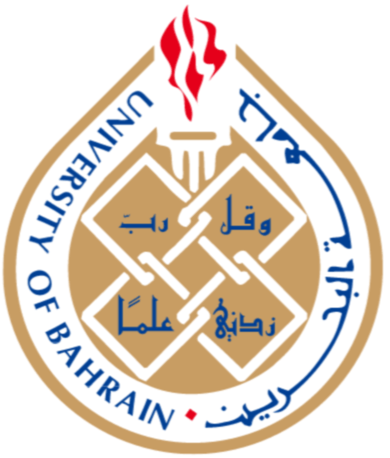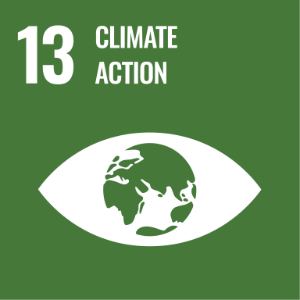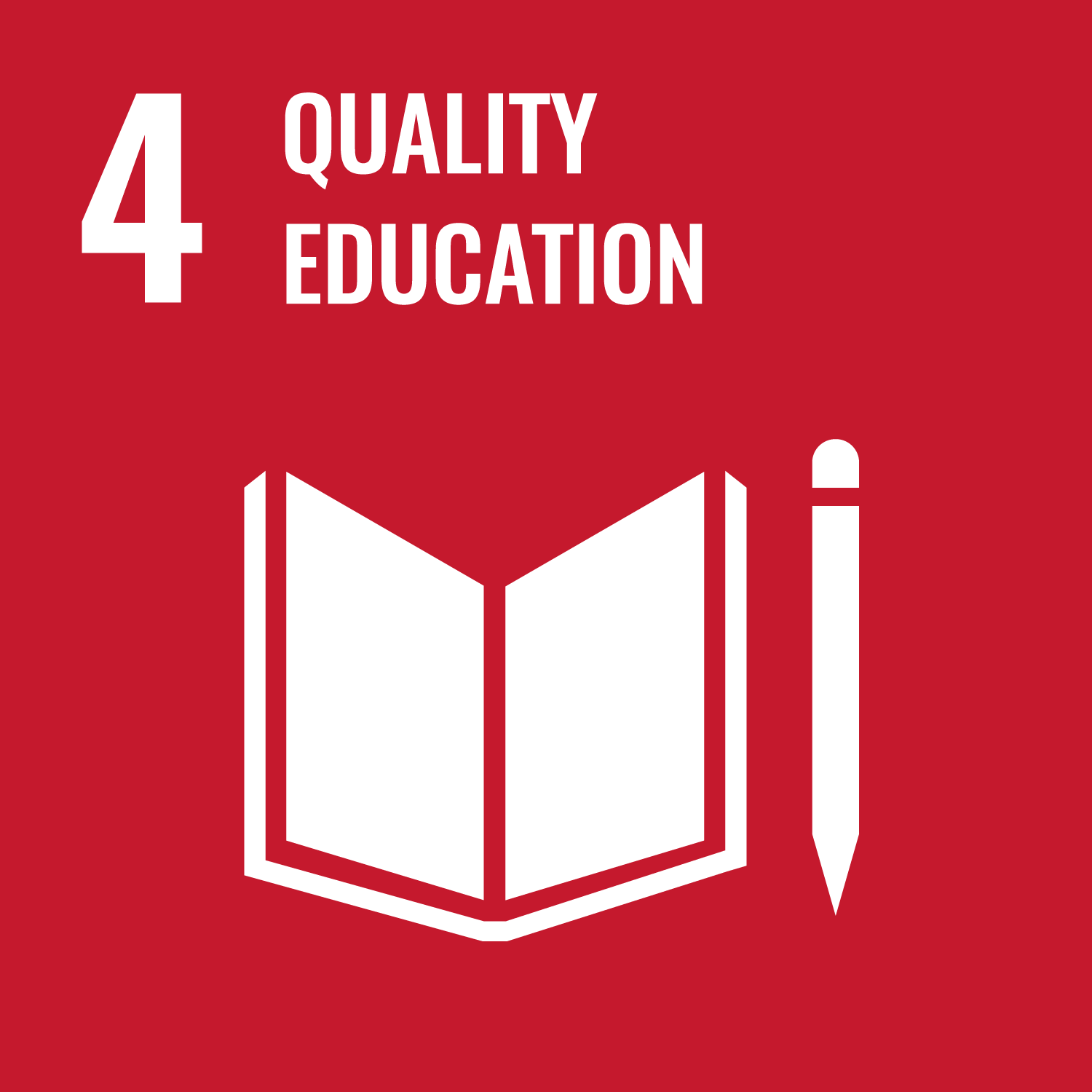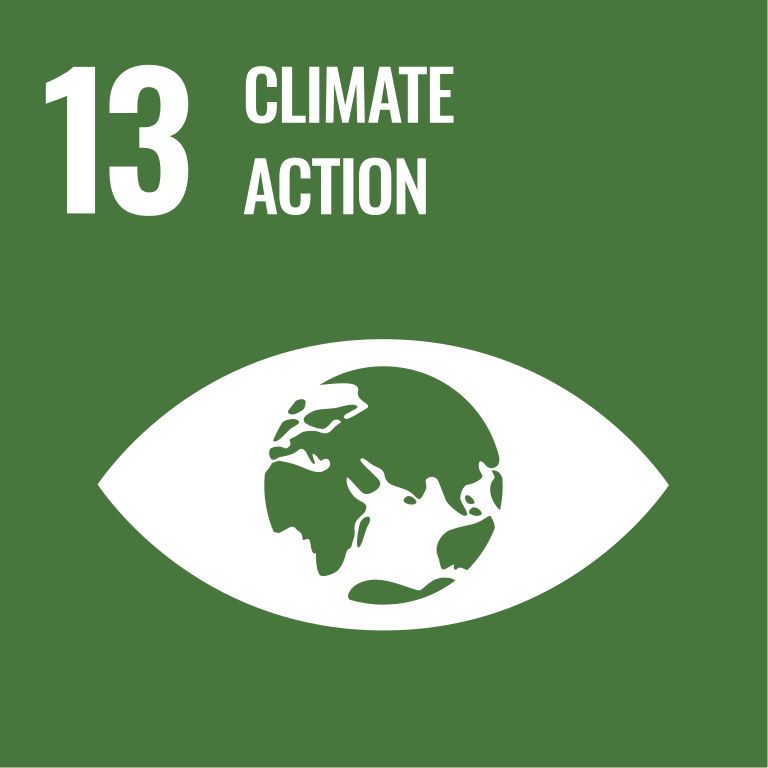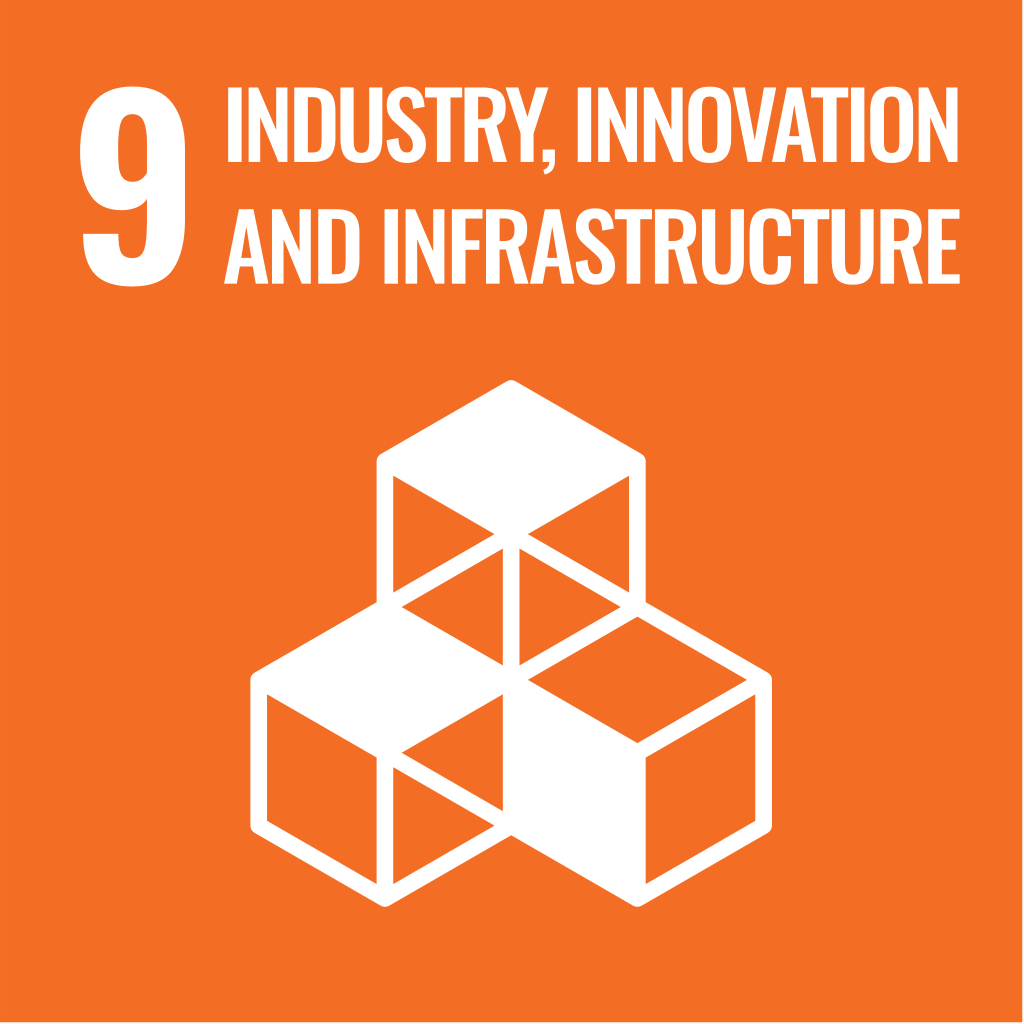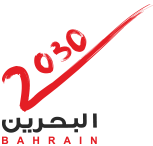13.3.2 Climate Action Plan, shared
Does your university as a body have a university Climate Action plan, shared with local government and/or local community groups?
The University of Bahrain has an official, institution-wide Climate Action Plan that outlines clear strategies for carbon mitigation, adaptation, resilience, and environmental education. The plan includes baseline carbon footprint measurements (Scope 1 and Scope 2), annual energy consumption data, low-carbon energy targets, and a phased transition to renewable energy across campus facilities.
The Climate Action Plan is formalized in the document “THE Climate Action Plan, Shared – University of Bahrain” and is implemented across operations, research, academic programs, and community engagement activities.
Sharing with Government and Community Stakeholders
The plan has been shared through active partnerships with national government bodies and community groups, including:
- Electricity and Water Authority (EWA) — joint development of the 46.2 MW solar project and energy transition initiatives.
- Supreme Council for Environment (SCE) — participation in national decarbonization seminars and policy discussions.
- UNDP (United Nations Development Programme) — joint SDG education program reaching all first-year students.
- Community outreach — school visits, public seminars, renewable energy workshops, and open lectures hosted by UOB.
These partnerships demonstrate clear evidence that the Climate Action Plan is shared externally with government entities and community groups, satisfying the requirement of SDG 13.3.2.
Implementation Measures
The plan details a comprehensive set of actions, such as:
- Construction of a 46.2 MW solar power plant generating 70 GWh annually (operational 2026).
- Energy-efficiency upgrades (LED lighting, 6-star AC units, smart technologies).
- Continuous carbon accounting following the GHG Protocol.
- Renewable Energy Labs offering training and public engagement.
- Cross-campus sustainability education integrated into undergraduate and postgraduate programs.
This plan has been shared on the university of Bahrain website and with national government stakeholders including EWA and SCE.
Download: University of Bahrain 13.3.2 Climate Action Plan, shared
1 Definitions
- Energy: Refers to all forms of electricity, fuel, and renewable energy used in campus operations.
- Climate Change: Refers to long-term shifts in temperatures and weather patterns, primarily due to human activity such as burning fossil fuels.
- Energy Management: The systematic process of monitoring, controlling, and conserving energy within the University to reduce consumption and environmental impact.
- Renewable Energy: Energy generated from natural resources such as sunlight, wind, or geothermal heat that are replenished naturally.
2 Policy Purpose
The purpose of this policy is to promote sustainable energy management throughout the University of Bahrain and to contribute to global efforts to mitigate climate change. It aims to:
- Conserve natural resources and protect the environment.
- Reduce greenhouse gas (GHG) emissions through improved energy performance.
- Raise awareness among staff, students, and partners about the importance of energy conservation.
- Support Bahrain’s Net Zero Carbon 2060 commitment.
3 Policy Scope
3.1 This policy applies to all staff, faculty, students, and contractors of the University.
3.2 It covers all University-owned buildings, facilities, research centers, laboratories, and other operations where energy is consumed.
3.3 It applies to both on-campus and off-campus activities managed by the University, including affiliated entities and projects.
4 Policy Statement
The University of Bahrain is committed to responsible energy management and to reducing the institution’s carbon footprint.
The following strategic actions will be implemented:
4.1 Energy Efficiency
- Improve energy efficiency across all University buildings and facilities.
- Conduct periodic energy audits and implement corrective measures to optimize usage.
4.2 Renewable Energy Transition
- Generate renewable energy on-site (e.g., solar panels) and/or procure electricity from renewable sources.
- Integrate renewable energy systems in all new constructions and major renovations.
4.3 Sustainable Building Design
- Adhere to Bahrain’s Green Building Manual and Environmentally Sustainable Design (ESD) principles.
- Encourage the use of smart systems for data collection, control, and monitoring of mechanical and electrical systems.
4.4 Climate Change Mitigation and Education
- Support research, teaching, and outreach on energy transition and climate change.
- Engage with students, faculty, and the community to raise awareness and foster sustainable behaviors.
4.5 Compliance and Continuous Improvement
- Comply with national environmental regulations and sustainability commitments.
- Continuously improve energy performance through monitoring, reporting, and review.
5 Roles and Responsibilities
1.1 Organizational units at the University are responsible for implementing monitoring and reporting aspects of the policy.
1.2 Academic departments are responsible for integrating energy and climate topics into the programs and the university’s activities.
6 Policy Procedures
- Conduct regular audits of electricity, water, and fuel usage across all facilities.
- Establish measurable energy-efficiency targets each academic year.
- Maintain a centralized system for tracking energy consumption and emission data.
- Evaluate new technologies and methods for renewable energy integration.
- Provide annual sustainability reports to the University Council.
